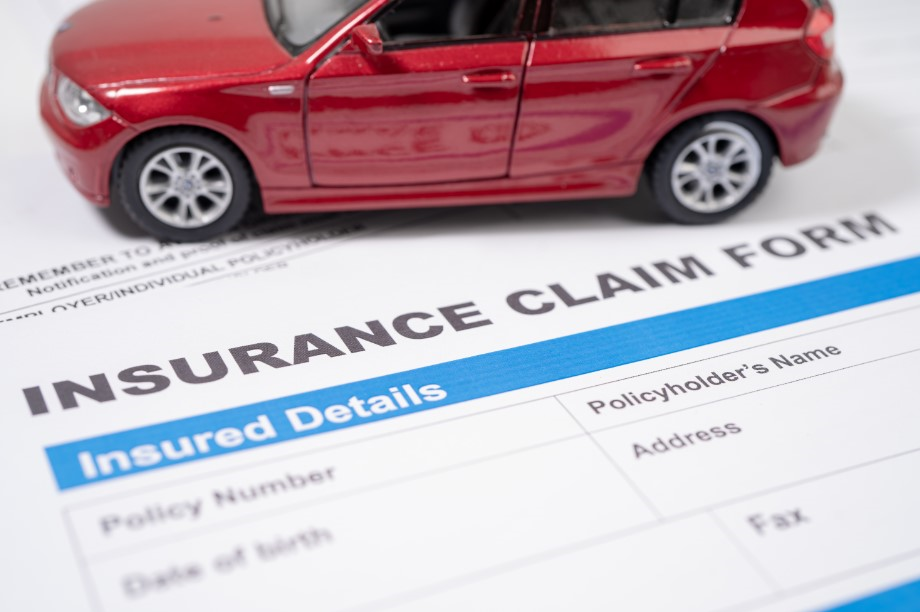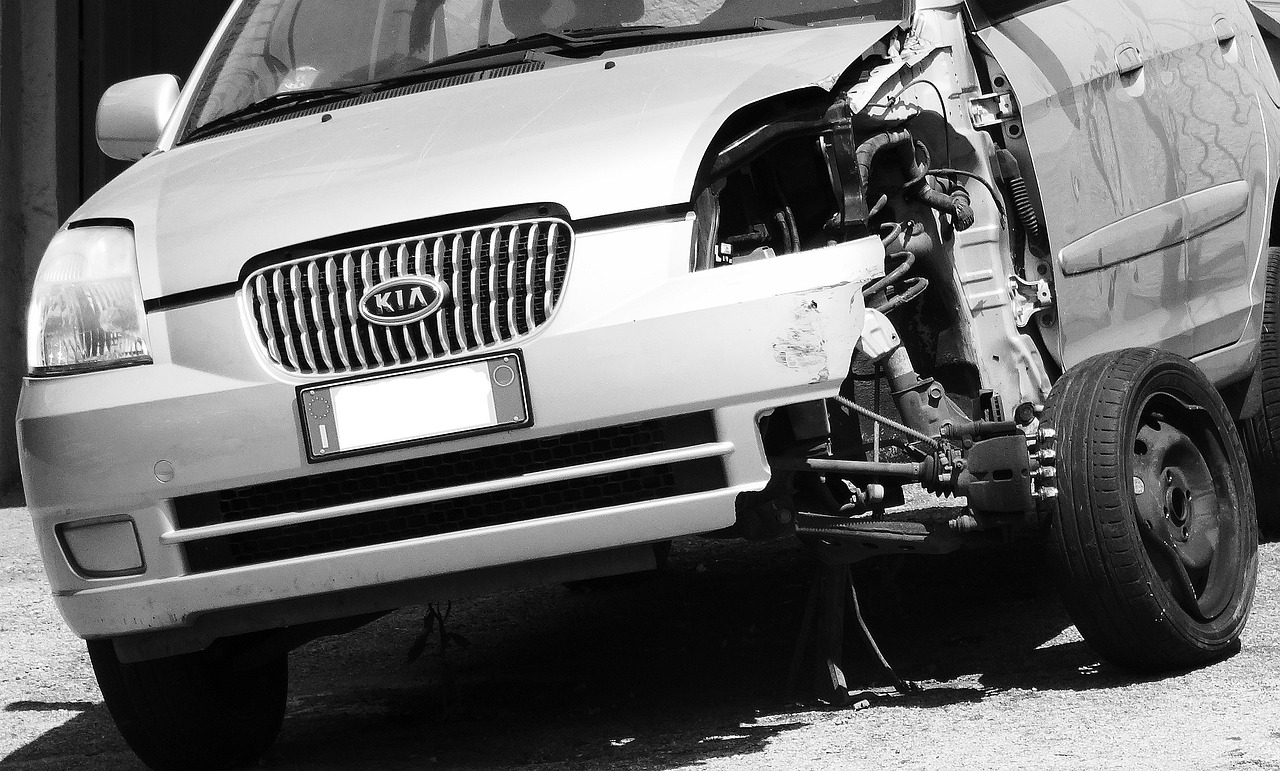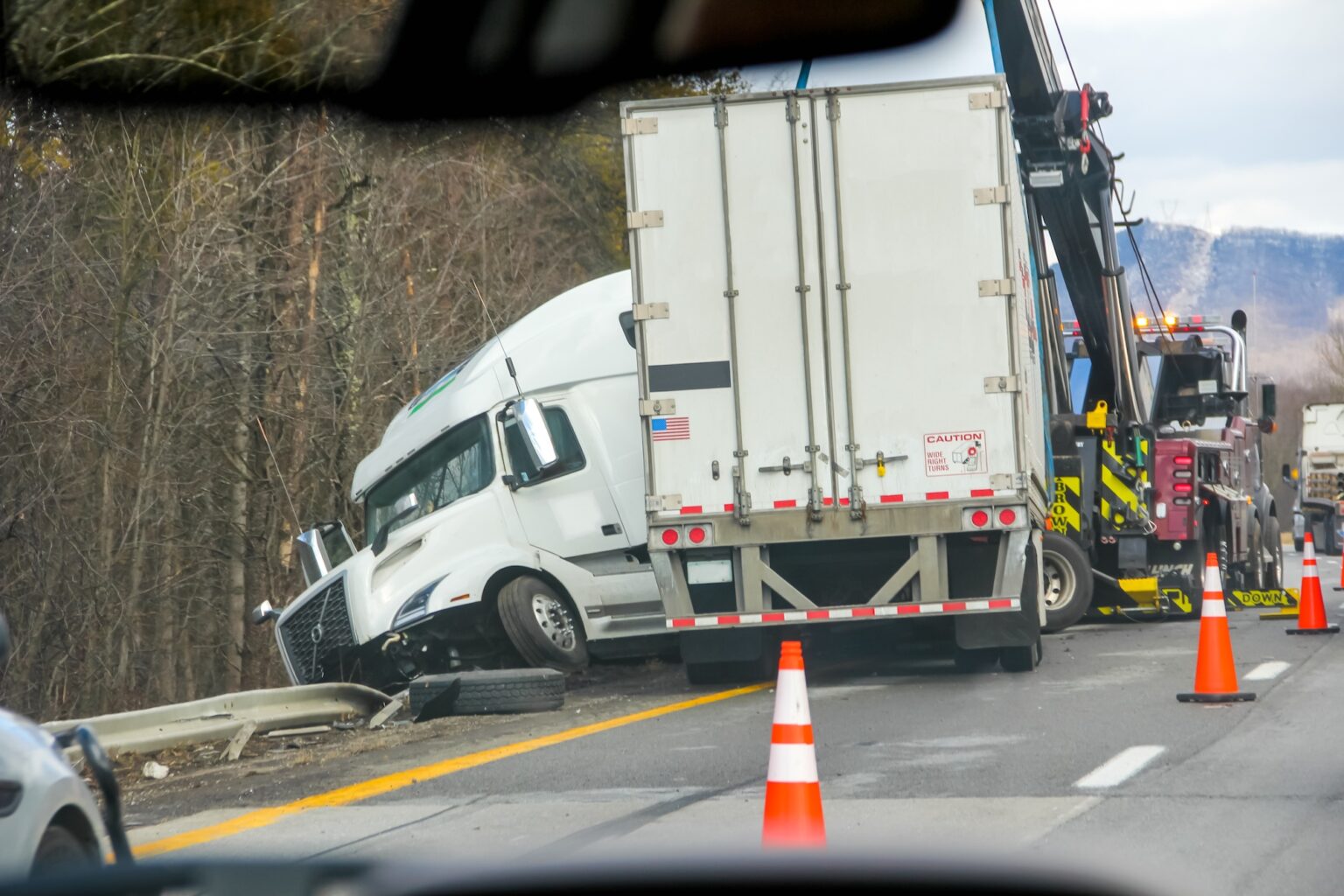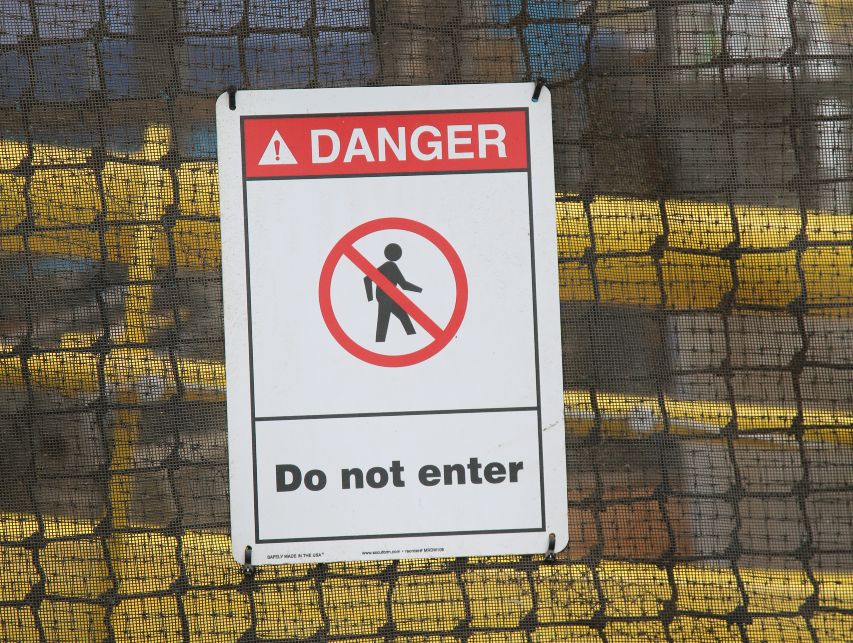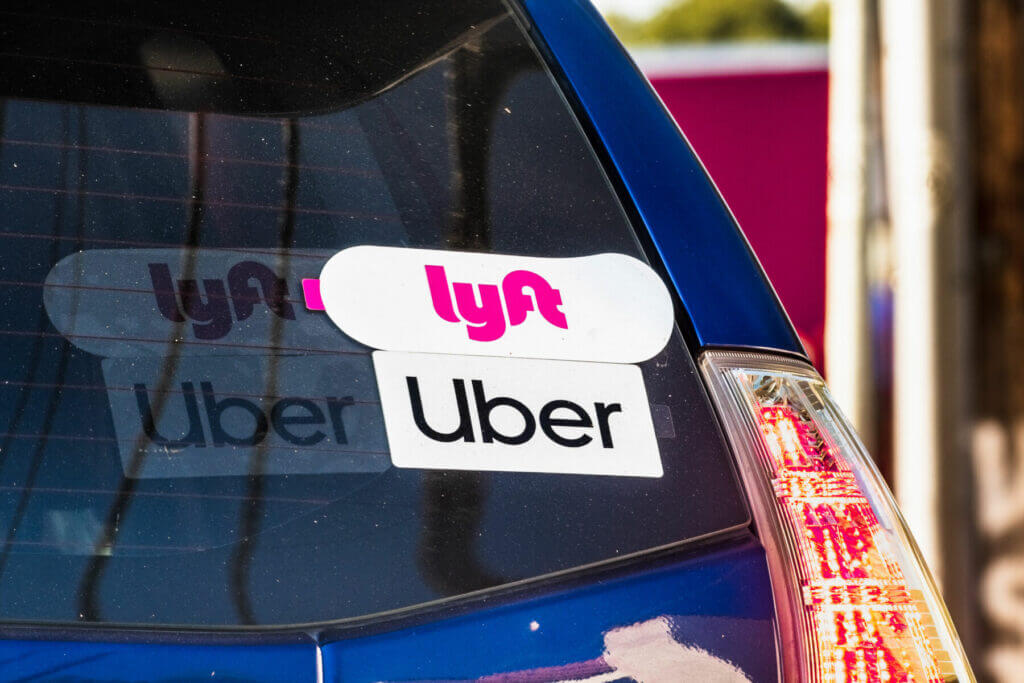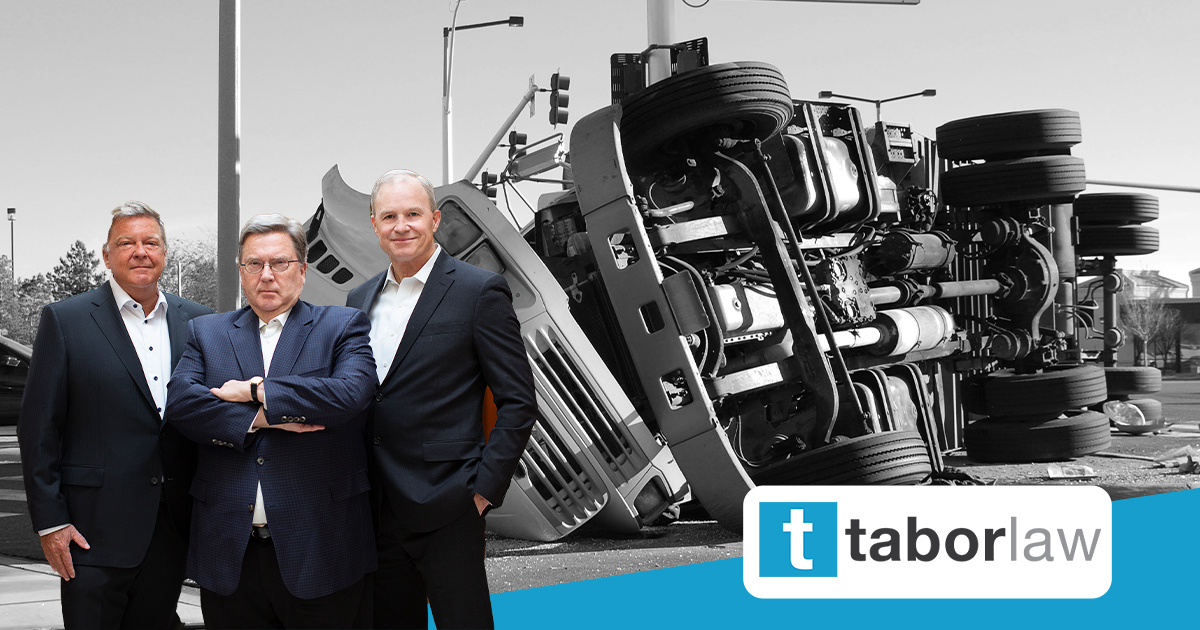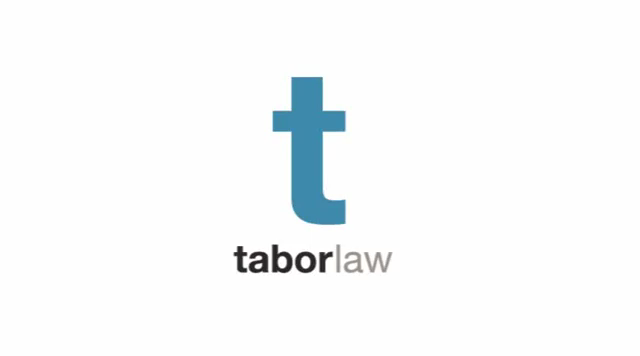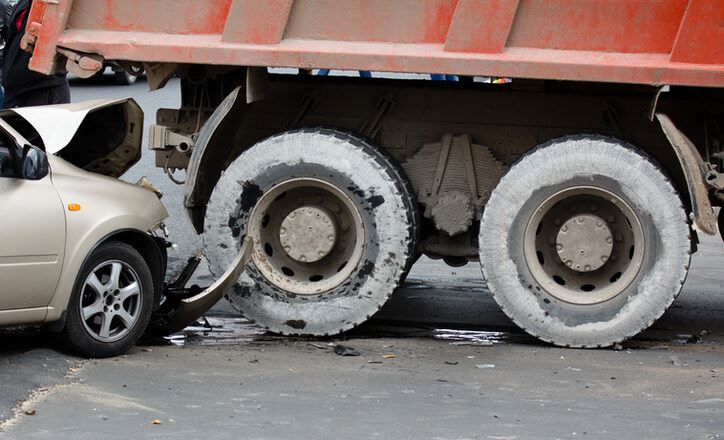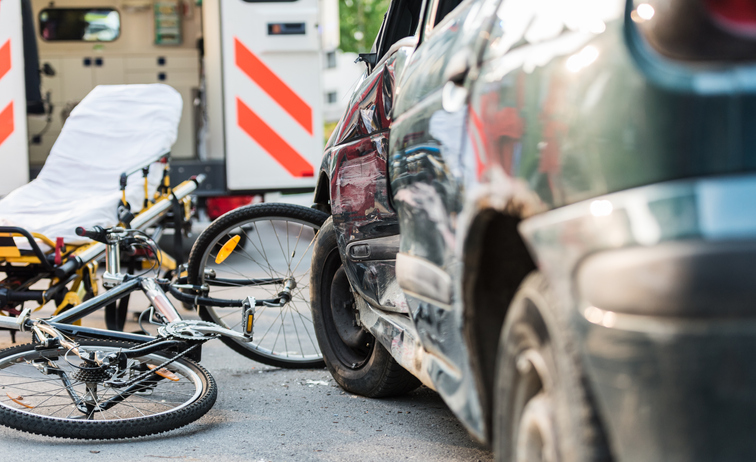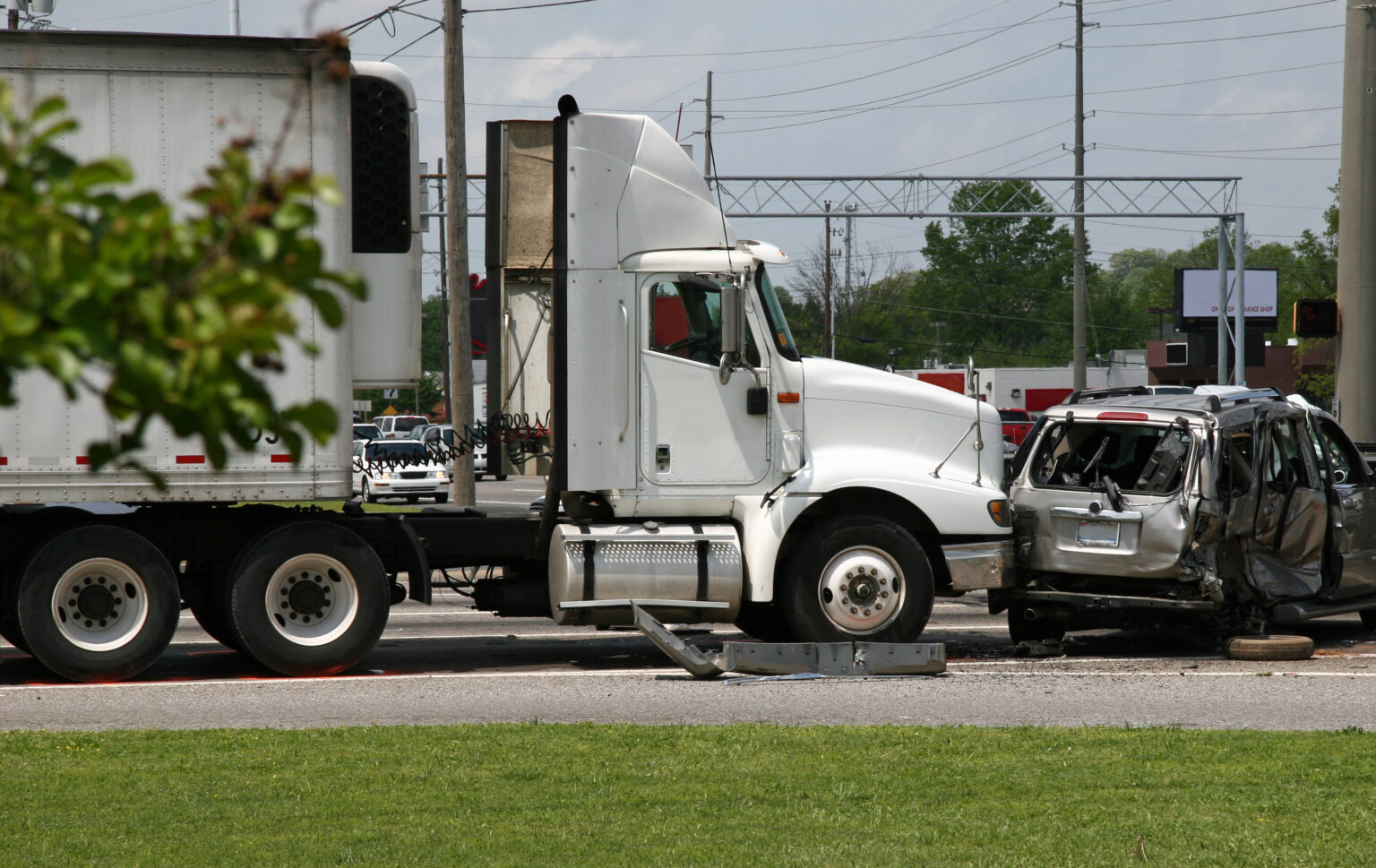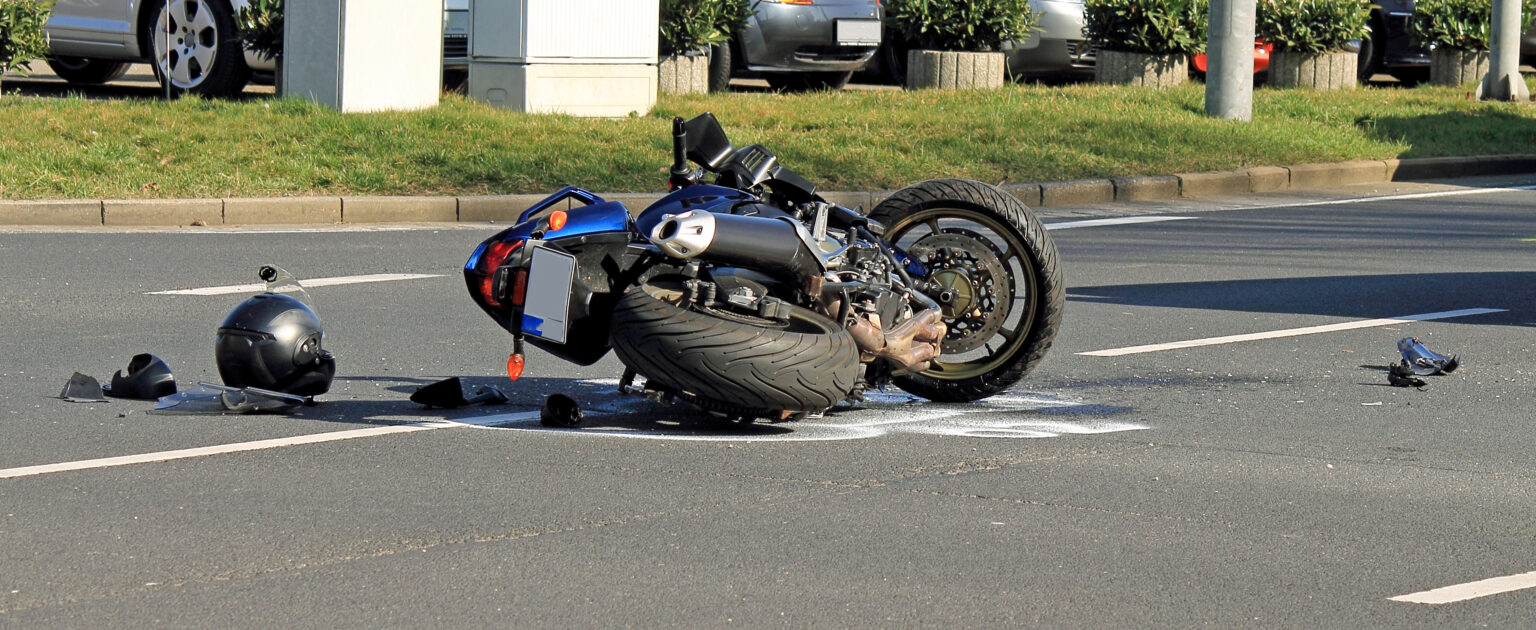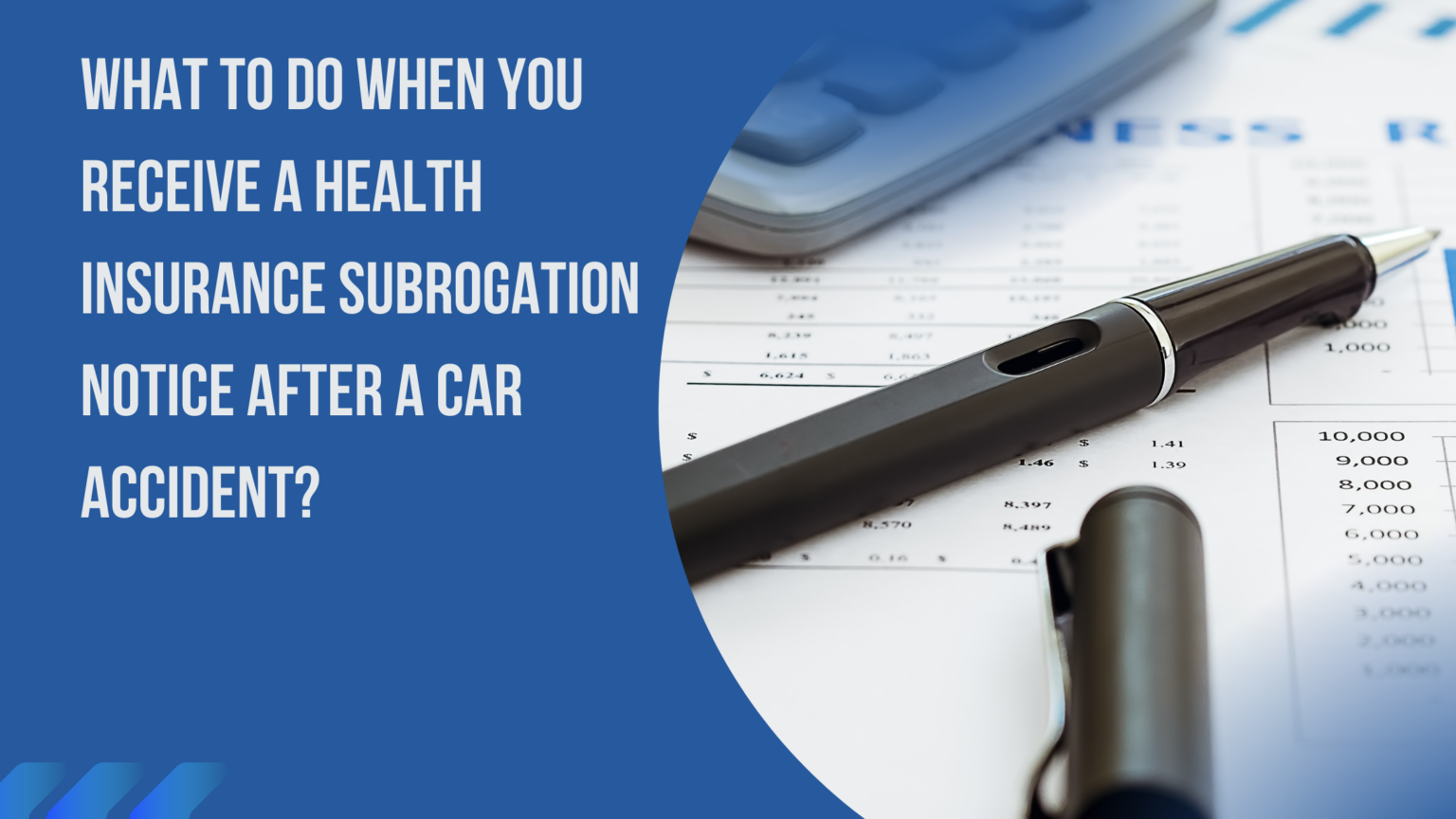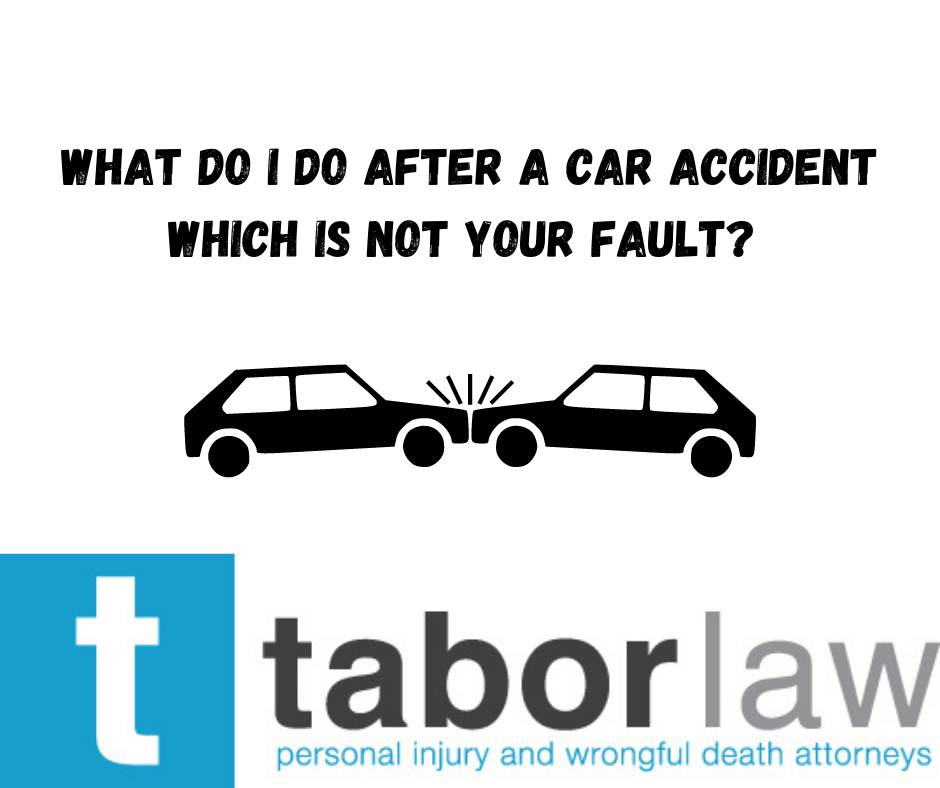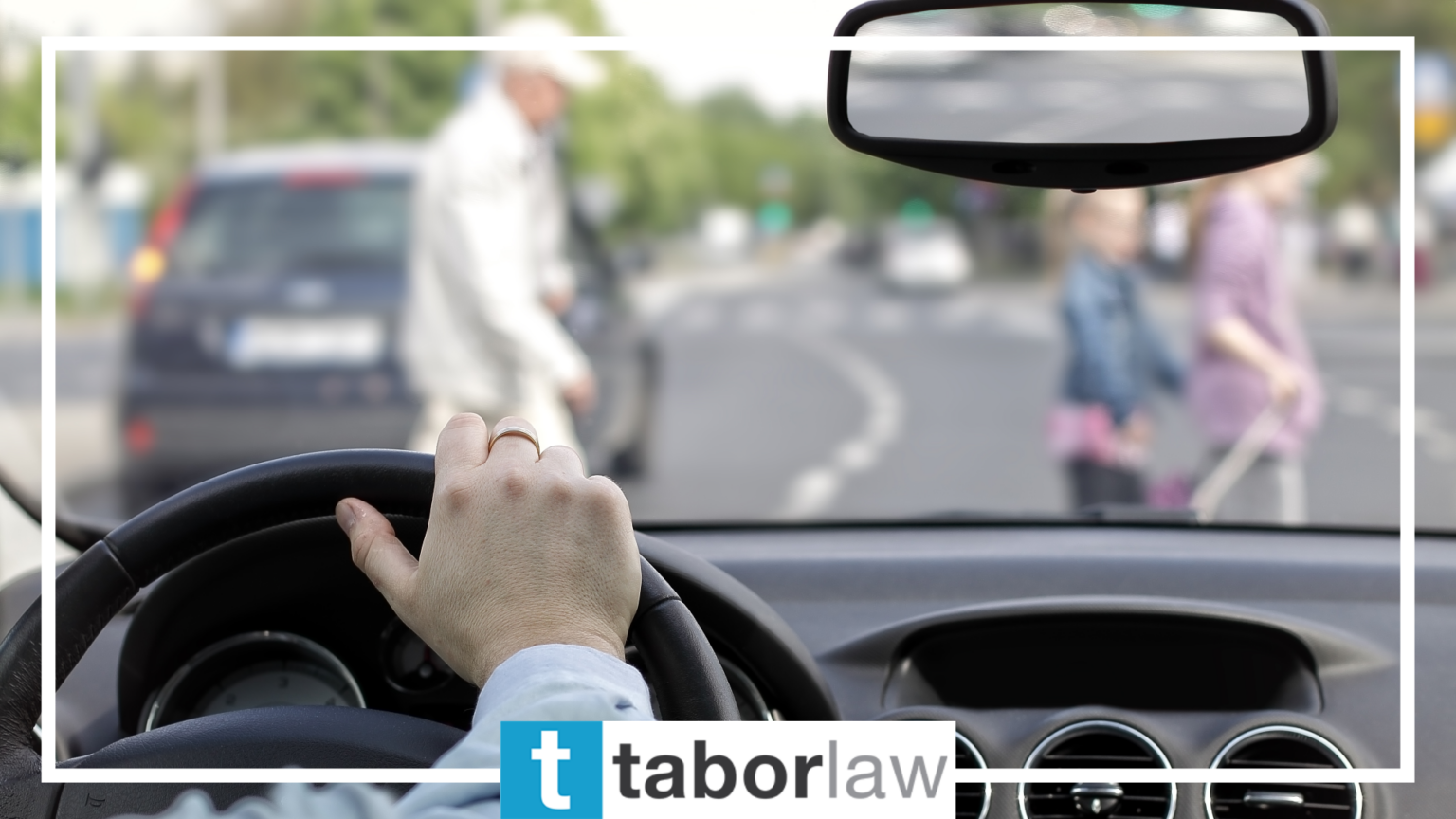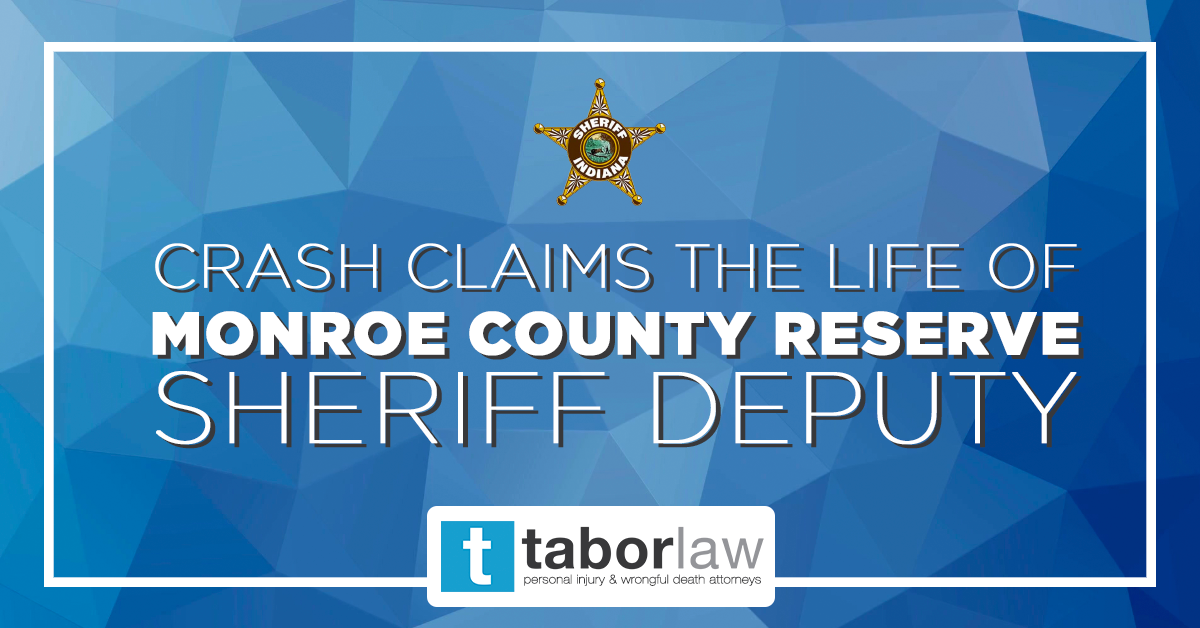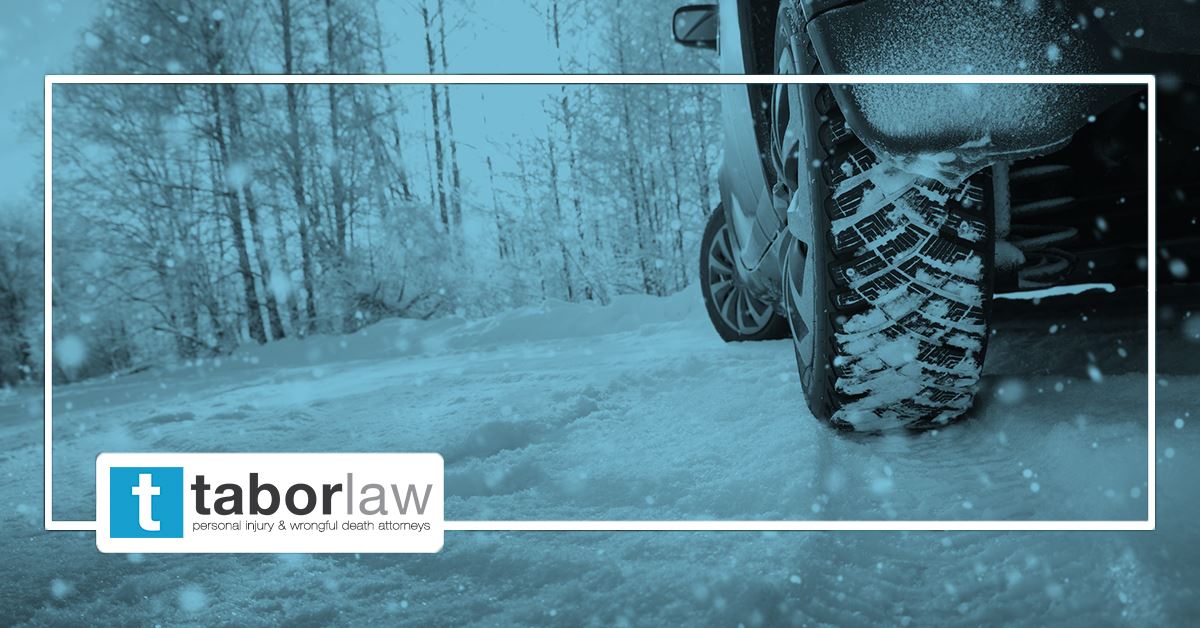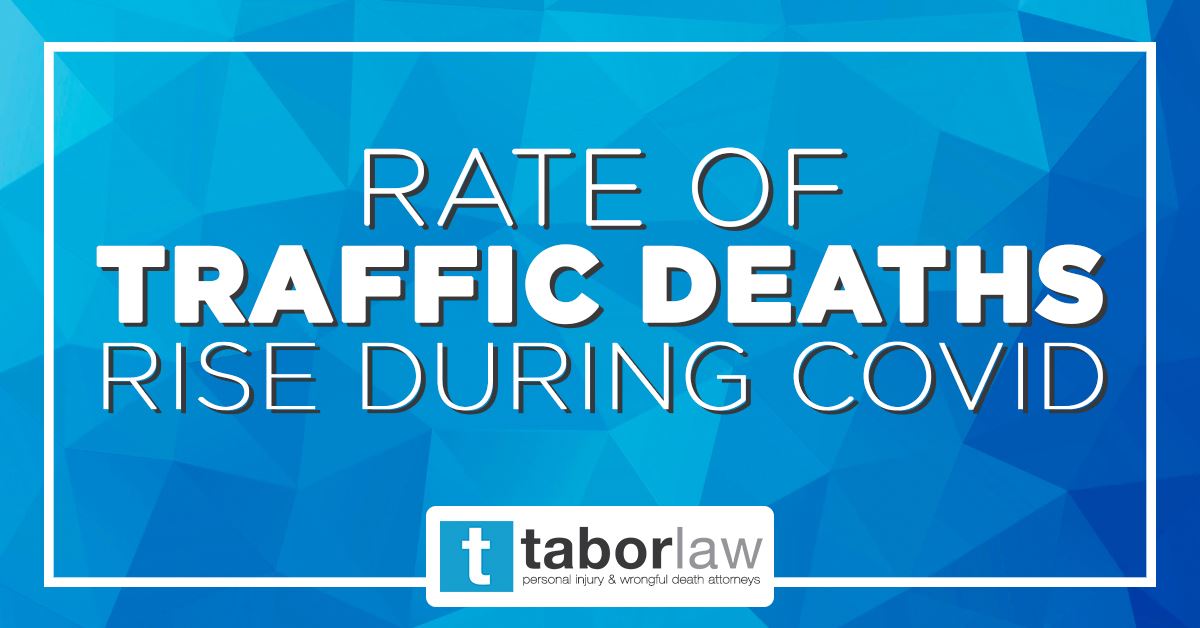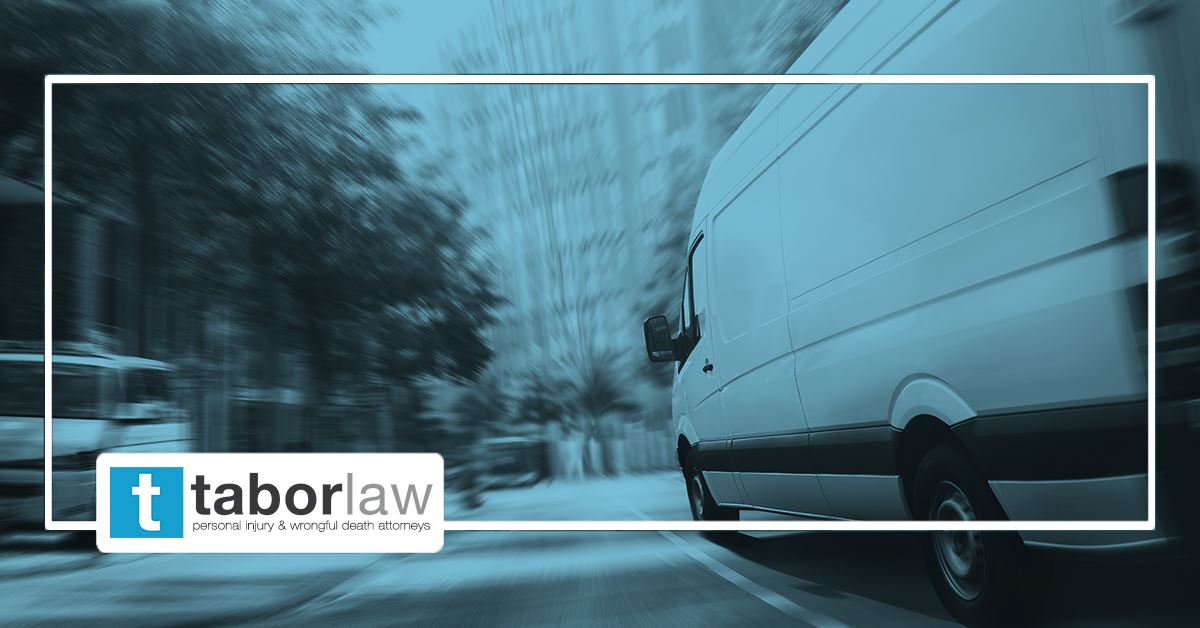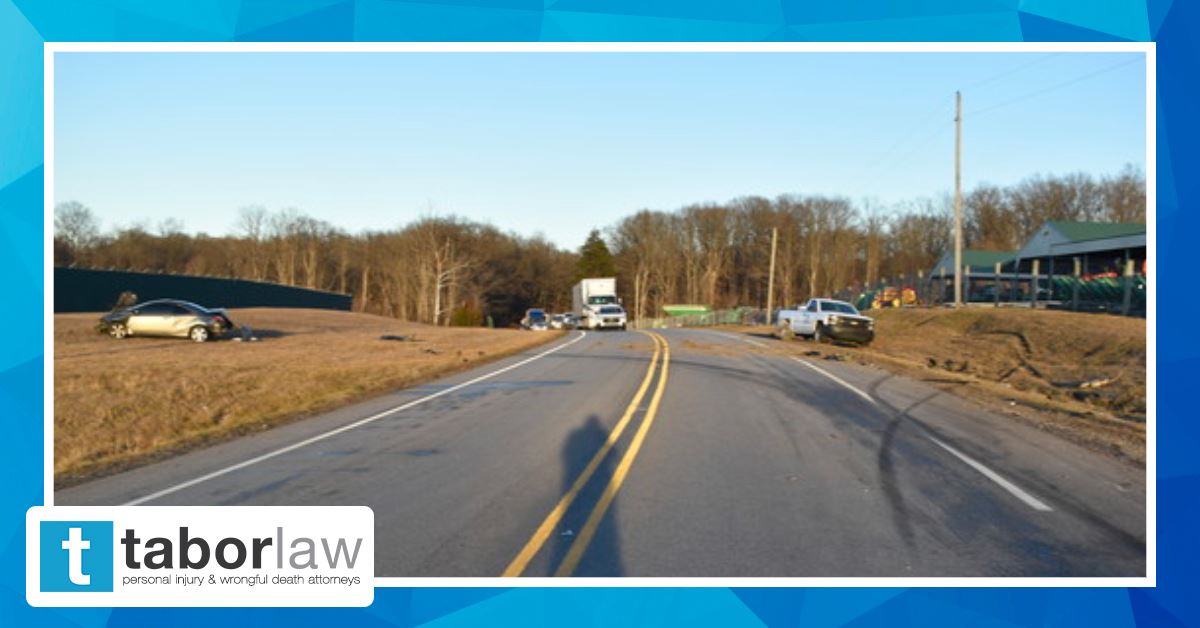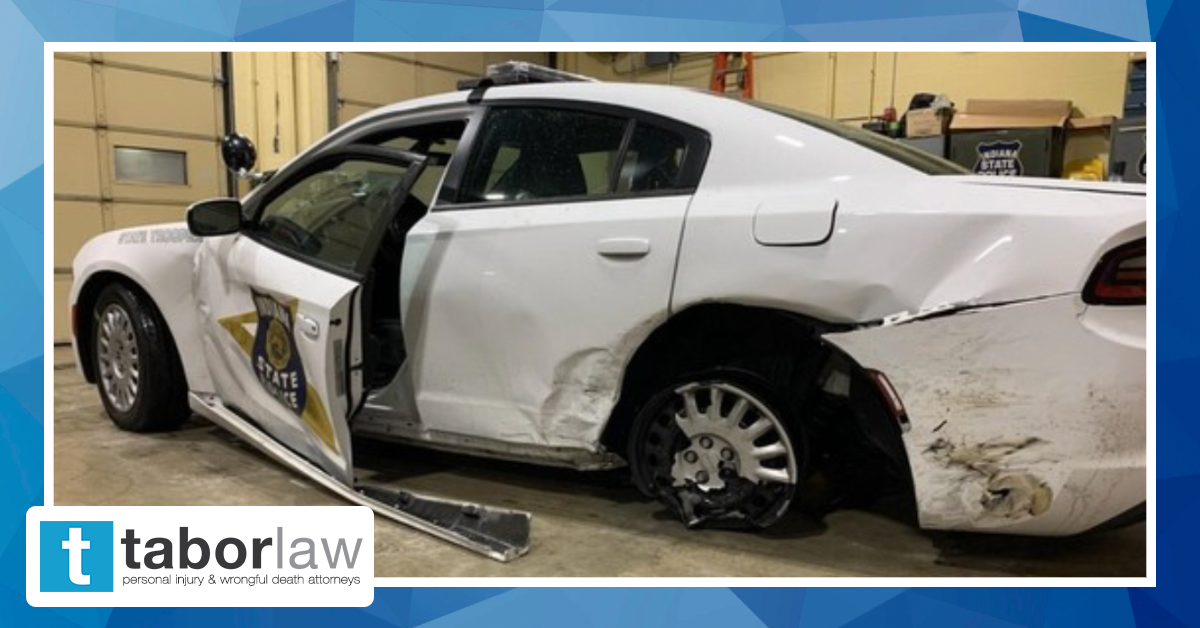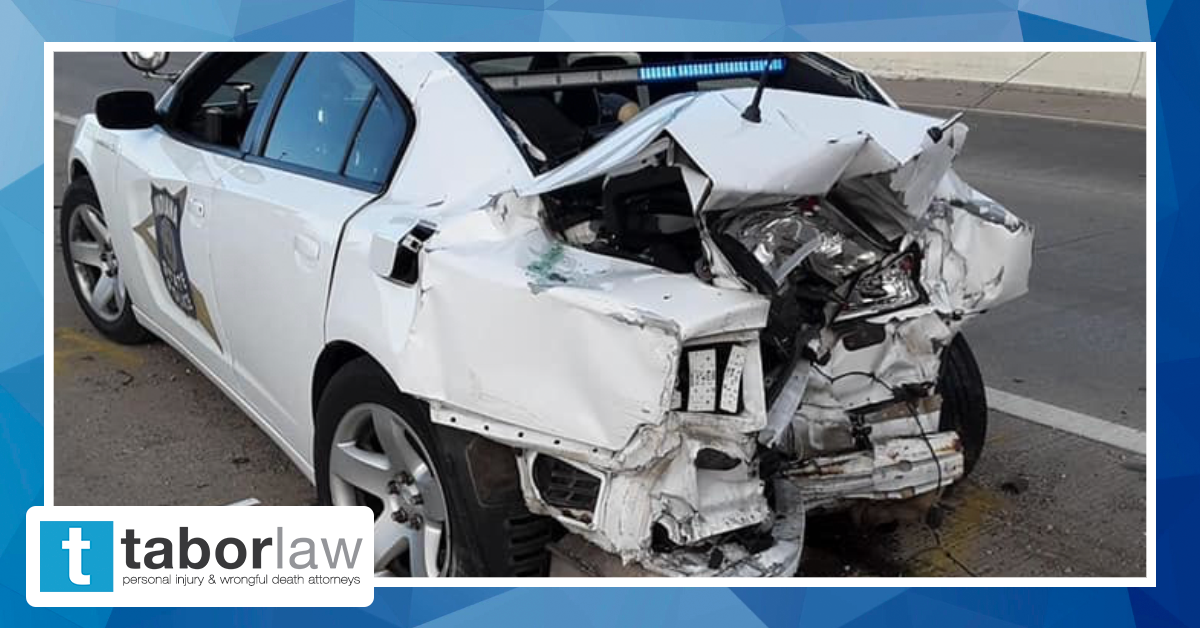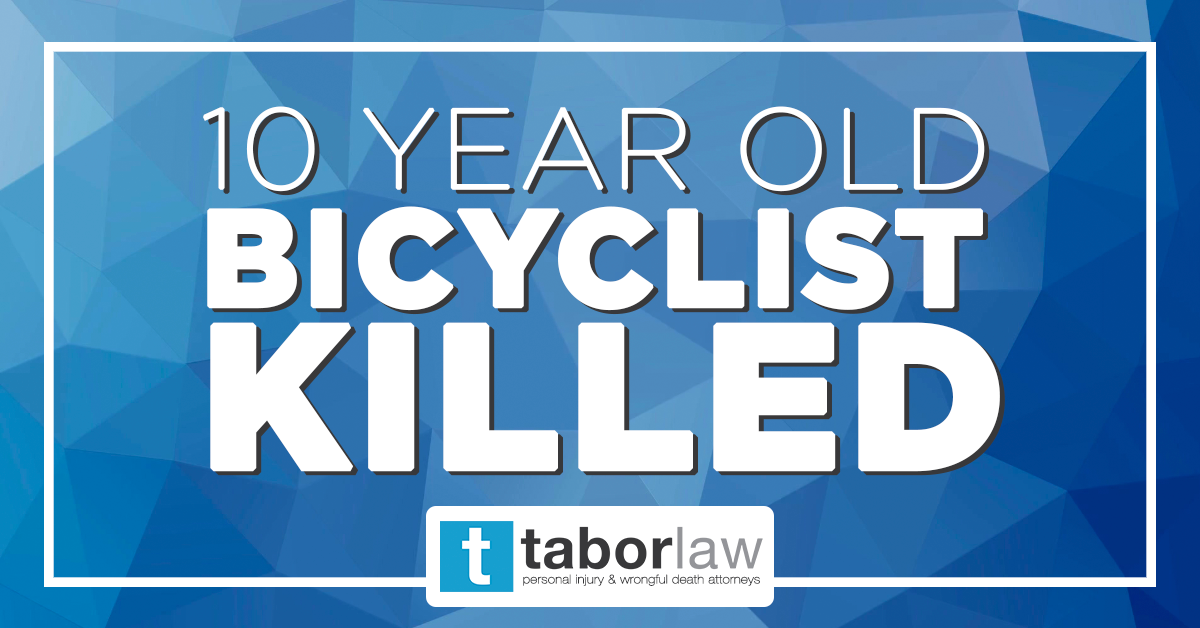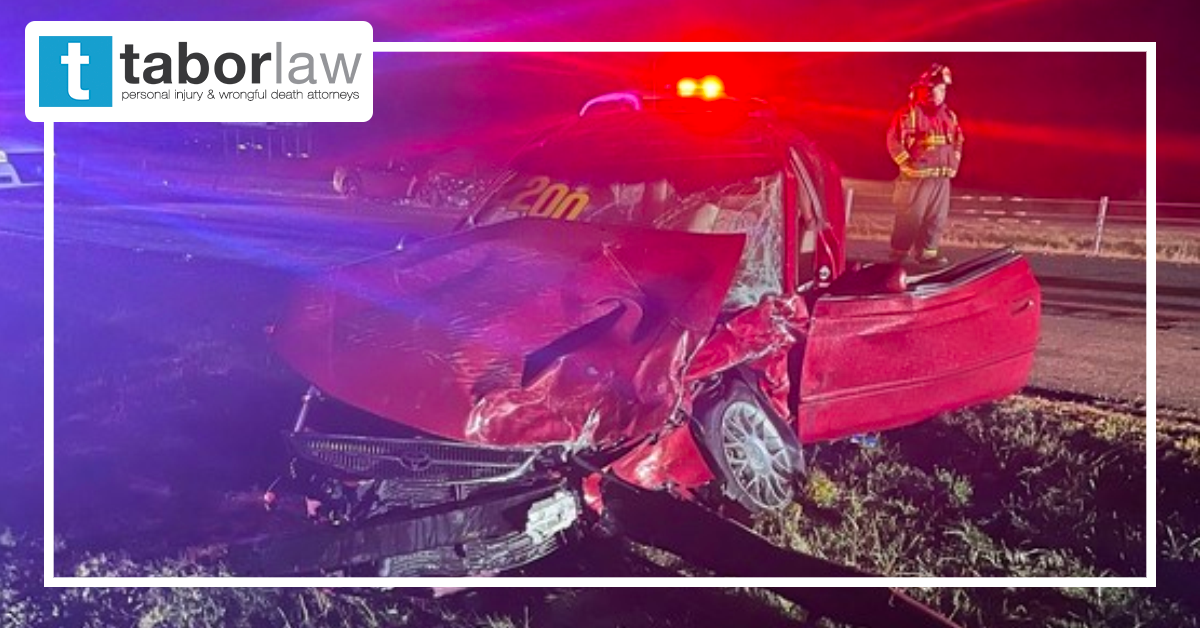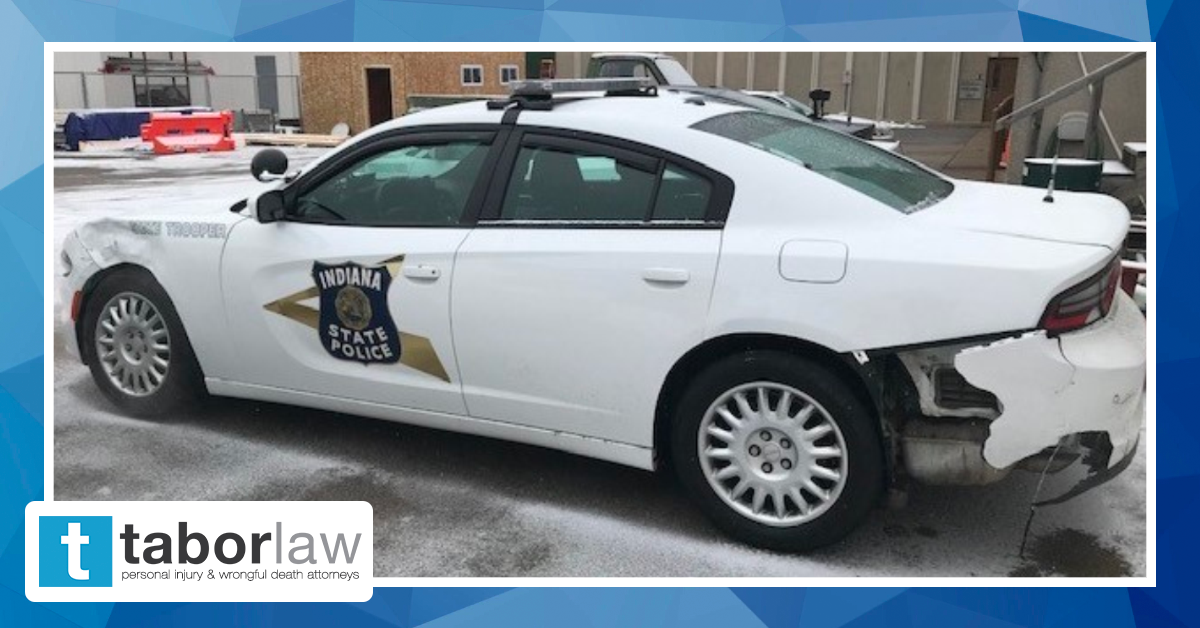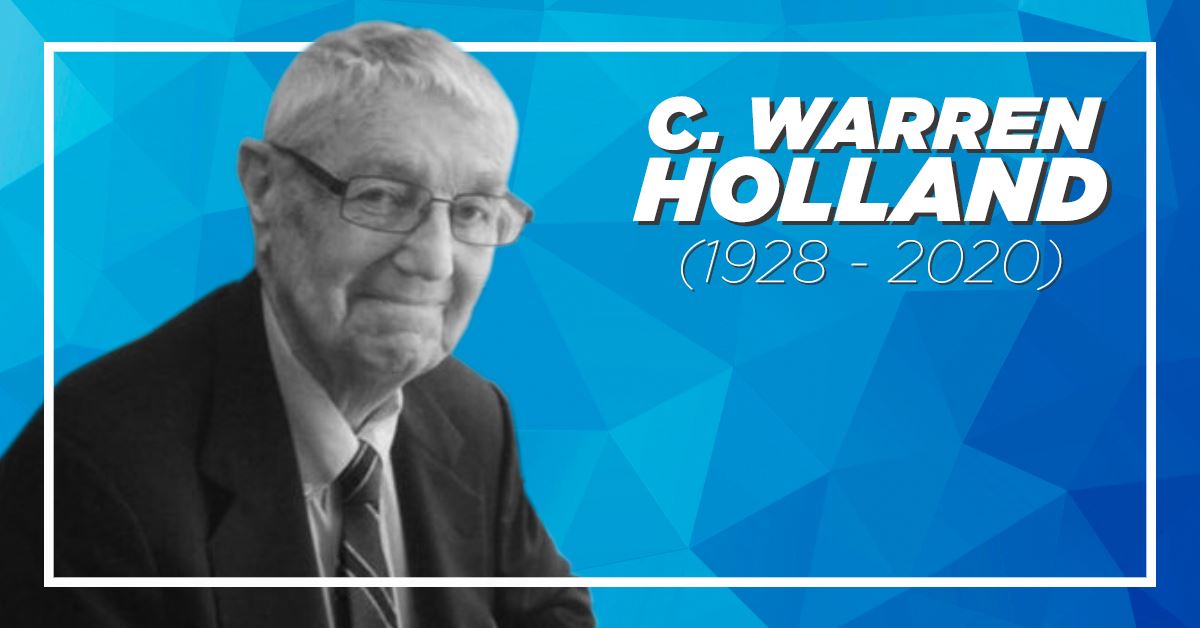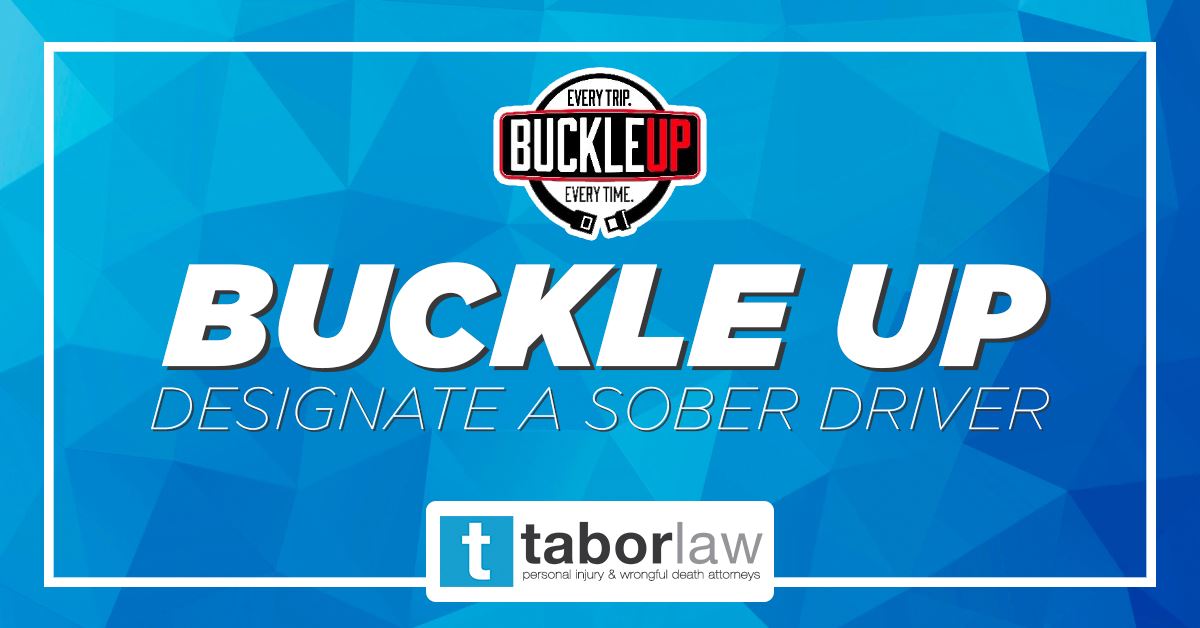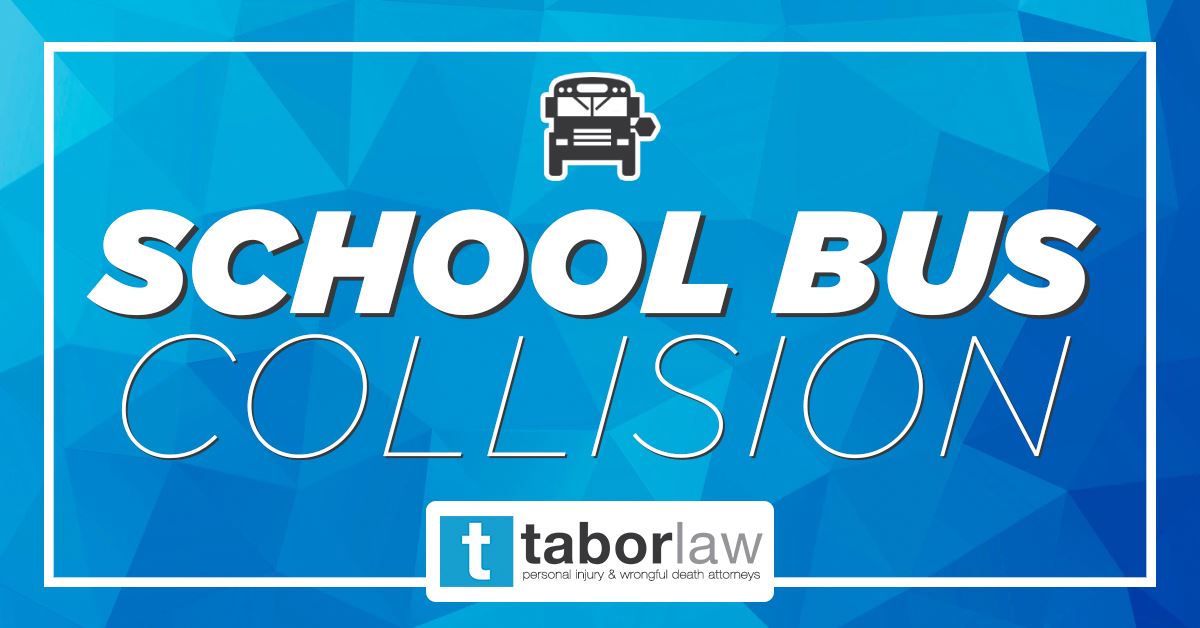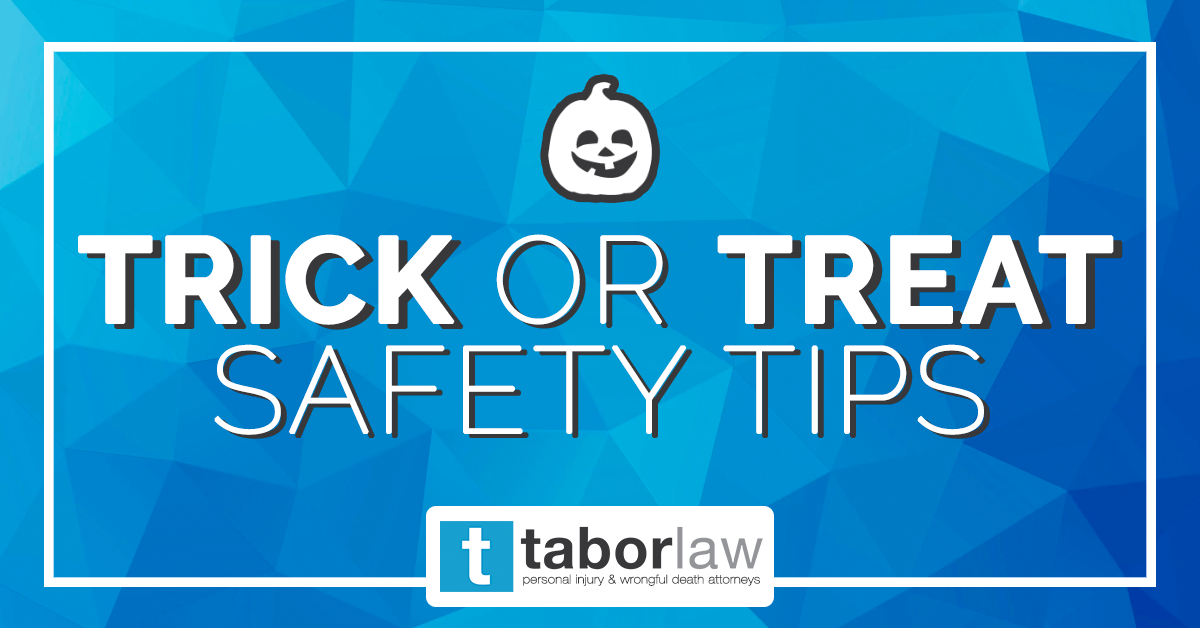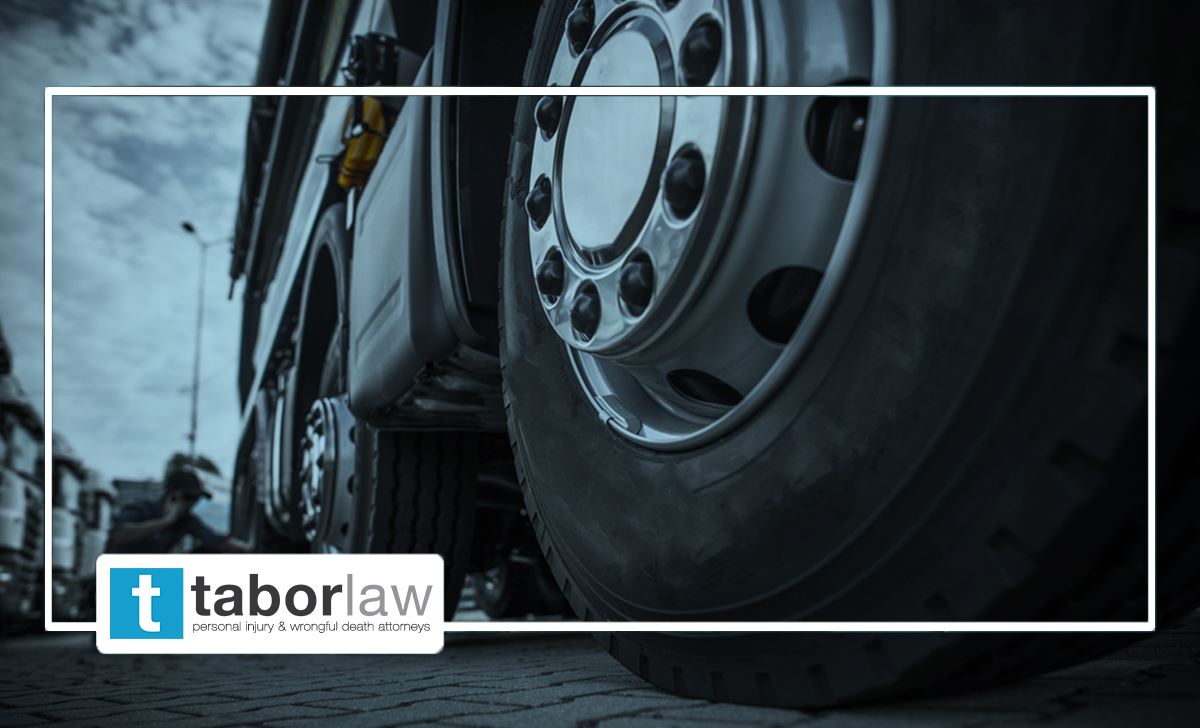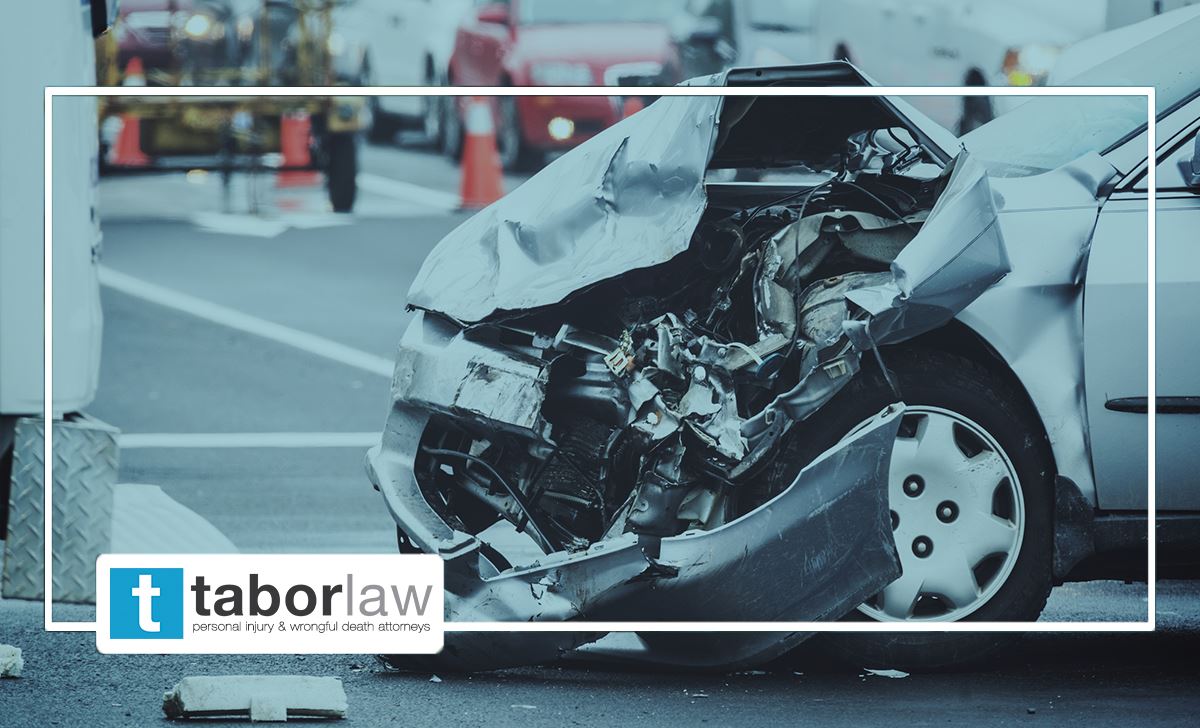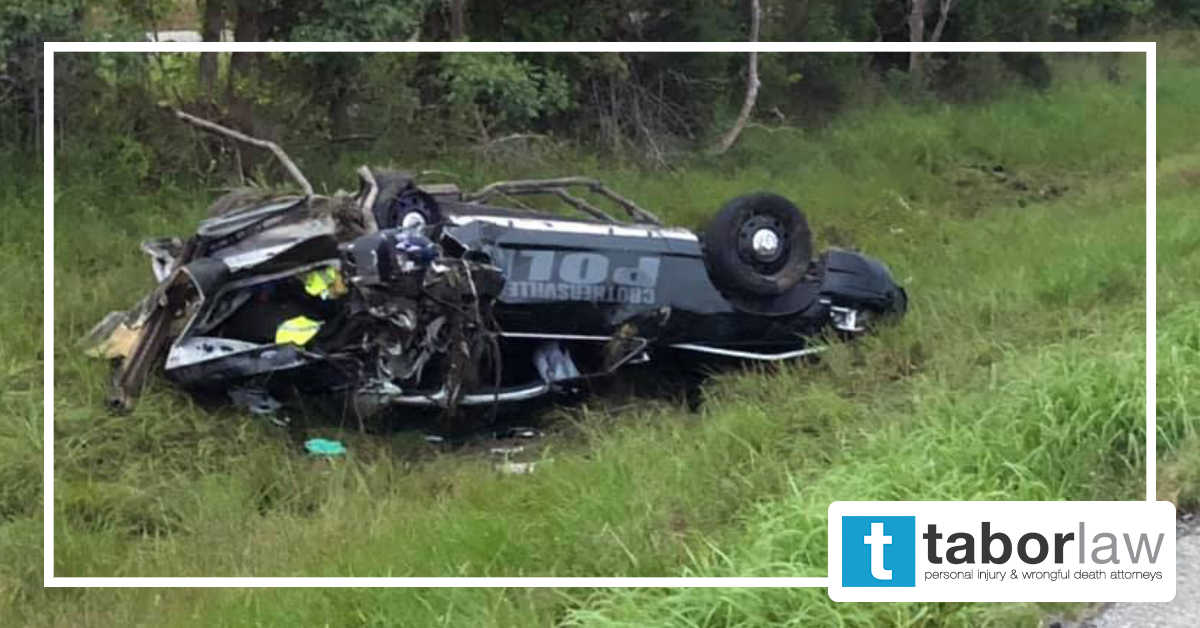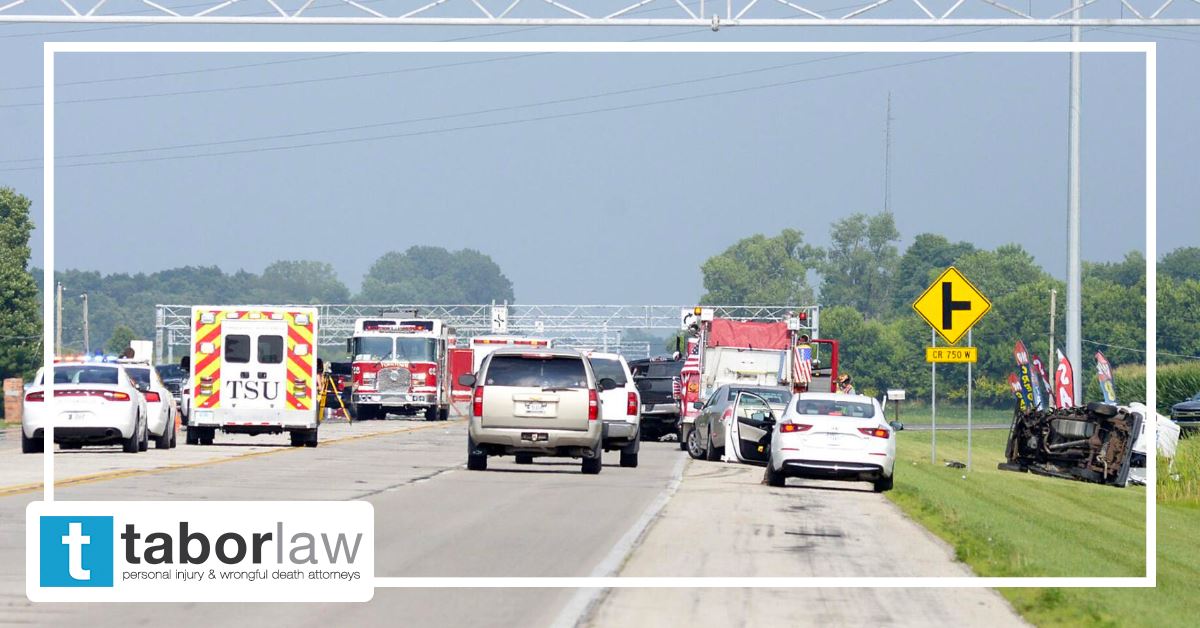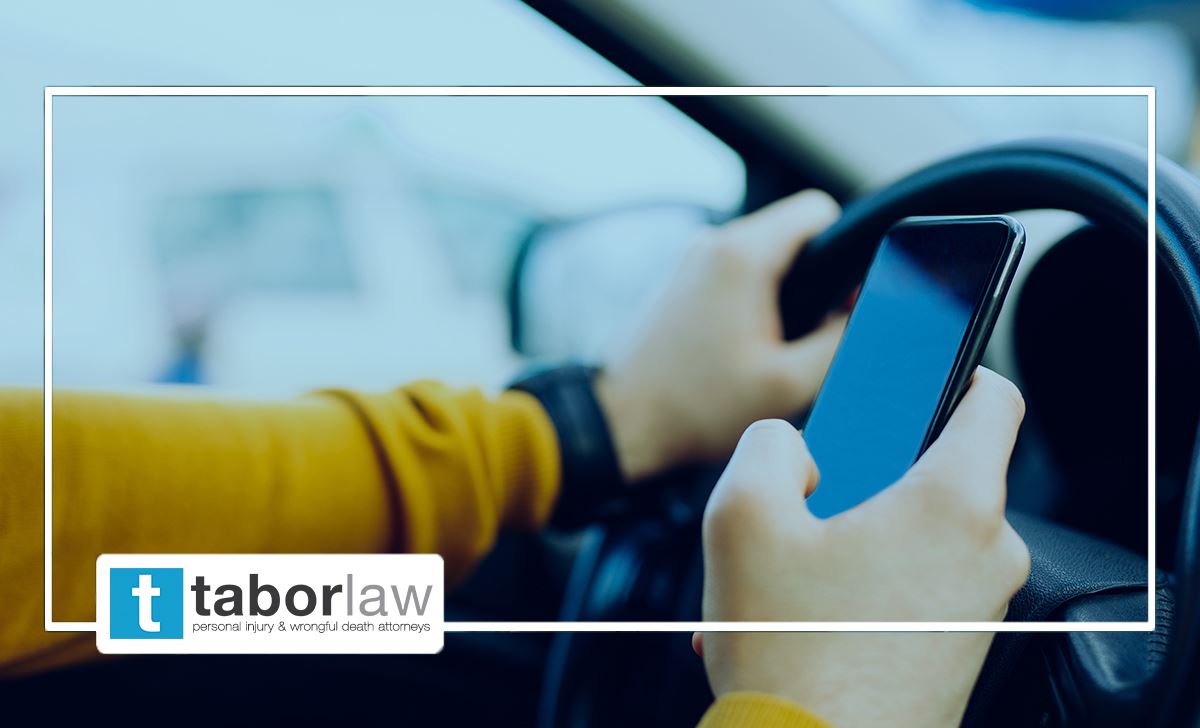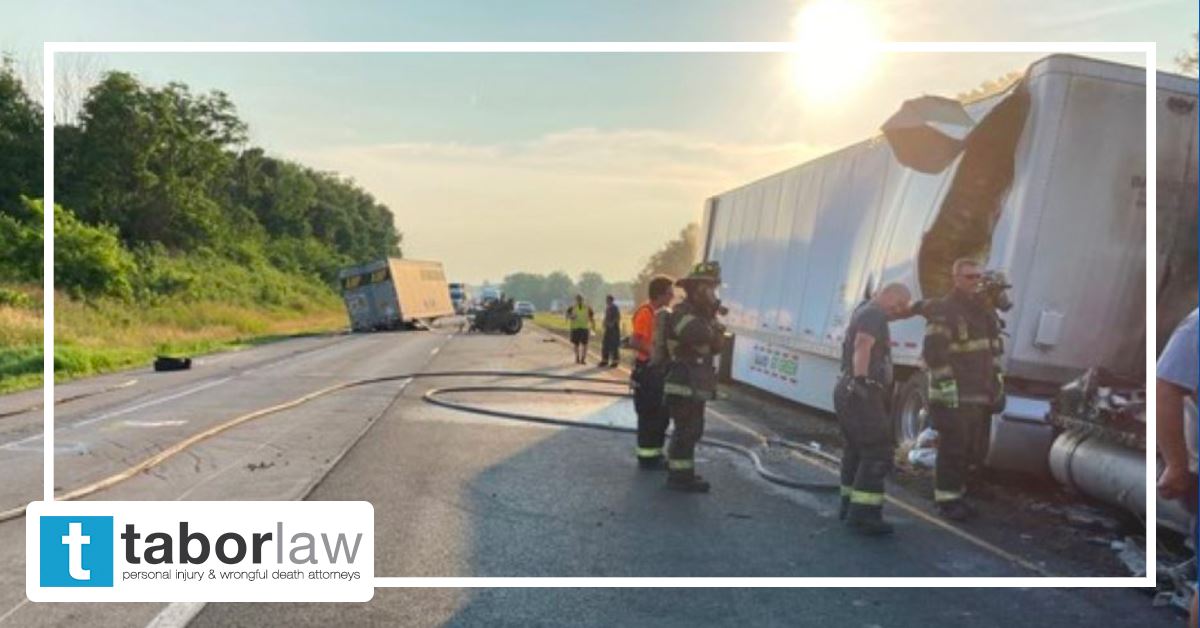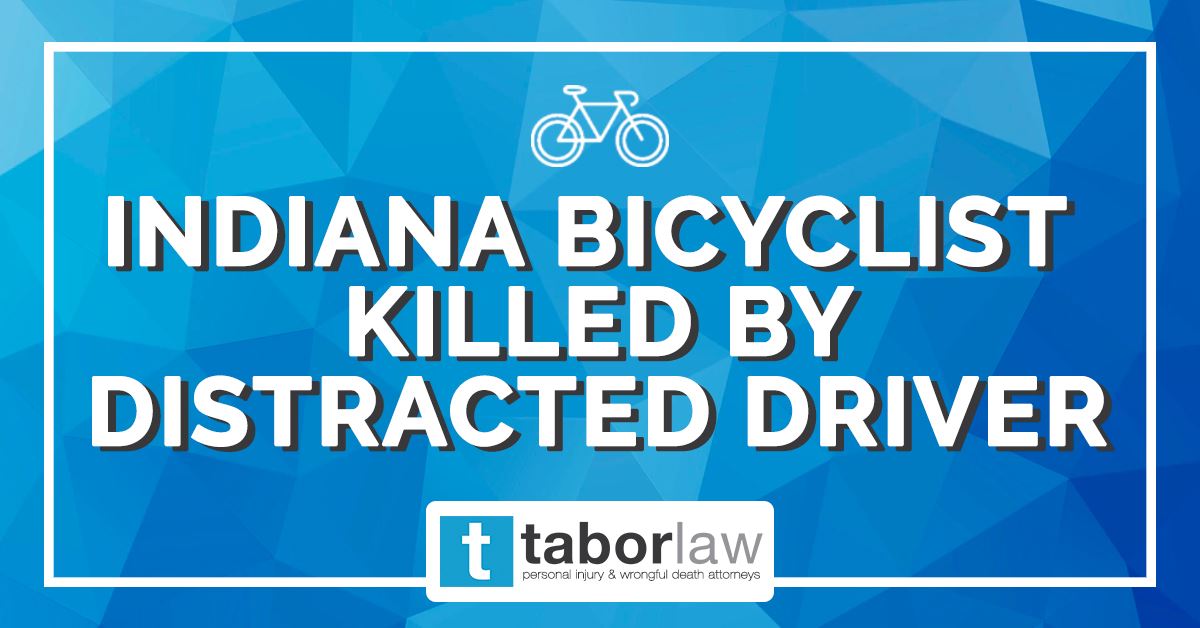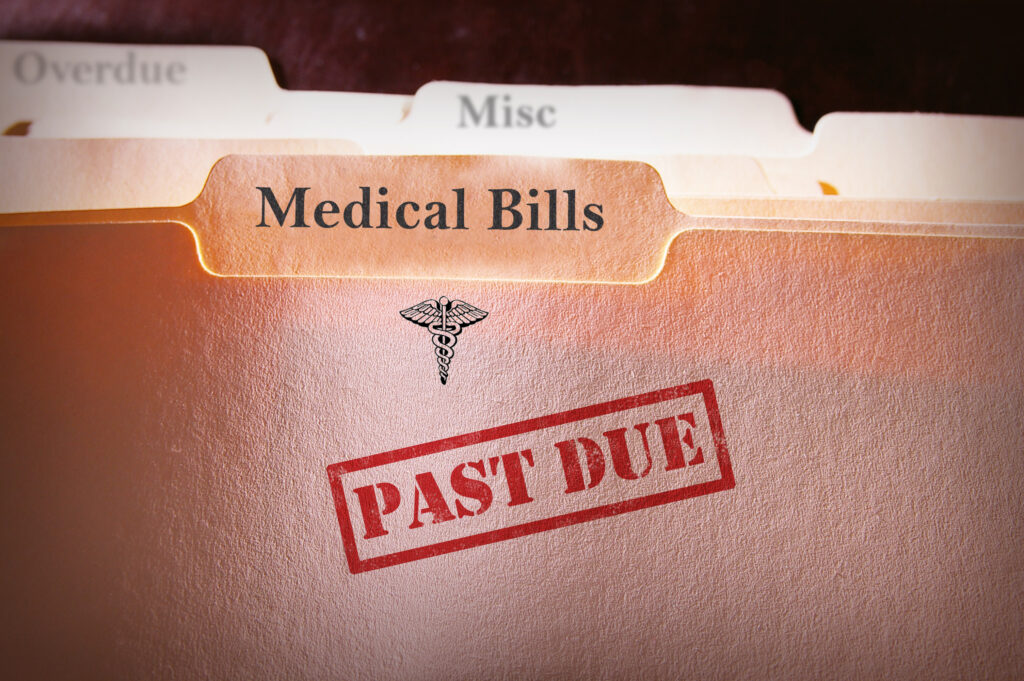
Odds are if you have been involved in a car accident, you have incurred some medical bills. You may be surprised to learn that the medical bills are your responsibility. Although your injuries may be due to someone else’s negligence, you may need medical treatment that continues for several weeks, months, or even years.
Contact one of our experienced car accident attorneys in Indianapolis today to determine whether your case requires legal representation.
Who pays medical bills from a car accident?
When you present to a medical facility you are normally asked for health insurance information. If that facility knows you were involved in an auto accident, they may ask for car insurance information. It can be very confusing to understand how health providers are supposed to properly bill for medical treatment related to a car accident.
In some cases, injured parties do not know that they should be making sure the medical bills are paid. Then they start getting collection notices. Any treatment you seek will be billed to you and does need to be paid to keep those bills from going into collection.
Here are a few tips for handling medical bills:
- Make sure that the medical provider has your health insurance and understand they are to bill your health insurance
- You may provide them with your auto insurance so that they can send bills to be paid up to the limit of medpay coverage you have on your policy
- Review each statement and make sure that health insurance has been billed. If not, call and provide your health insurance information immediately
- Do NOT sign any assignment of settlement funds with any medical providers
- Pay all balances due after health insurance payments and medpay payments to keep bills from going into collection
How should medical bills from a car accident be billed?
In many cases, if a medical provider knows that medical treatment is related to an auto accident, they want to be paid in full. That is not in your best interest, that is in the provider’s interest. The proper procedure is for the medical bills to be billed to health insurance and then you are responsible for the balance due.
Let’s talk about different ways a provider may bill you:
- Require payment up front- this is not ideal, and you should steer clear of providers not accepting insurance
- Submit a claim to medpay through your auto policy- make sure that the facility will properly bill your health insurance when/if your medpay has been exhausted
- Submit a claim to health insurance
- Request that you sign a lien or assignment of settlement funds
Some providers may tell you that they need liability insurance information. This is confusing because a majority of the time the liability insurance will not pay individual medical bills, therefore leaving the injured victim owing a large bill that has passed timely filing. The proper way to handle the bills is to have them billed through health insurance whether that be a personal policy, Medicare, or Medicaid. These insurance coverages have timelines in which they must be billed, and if that is missed then they do not have to provide coverage.
The medical provider wants me to pay the balance after health insurance. What do I do?
You may run into a medical provider that has billed your health insurance, but there is a balance after the health insurance payment that is due. Make sure that they have accepted both the payment and the adjustment from the health insurance company leaving just your deductible and co-pay due. Should they try to bill you for the entire remaining balance after payment only, they are not able to do that according to Indiana Code Title 27. Insurance § 27-8-10-3.2. It is important that you have an Indiana personal injury lawyer you can speak with to understand all of your rights when it comes to an auto accident and handling medical bills.
What is a Hospital Lien?
A hospital lien is something that is filed within ninety (90) days of the patient being discharged. This is not filed against your property, but rather against any settlement funds you may receive related to the auto accident. The hospital does have to perfect its lien.
If a hospital lien is filed against your claim, you want to make sure they have billed your health insurance and medpay so that the amount due is the reduced balance after those payments have been made. Failing to have a claim against your health insurance could land you with a large lien against your claim, and the medical provider is entitled to a majority of a settlement. In fact, they only have to guarantee that the injured victim gets only twenty (20%) percent of their settlement. This means that if you do not know how to handle these medical bills properly, any settlement you received could ultimately go to medical providers leaving you with very little.
In addition, you may present for medical treatment and see that the medical provider wants you to sign a lien or assignment of benefits. You should always investigate this further and confirm that the facility will bill your health insurance and/or medpay. By signing this document, you essentially give up rights to settlement funds. An experienced Indianapolist car accident attorney knows the drill and can halt this process and help guide you to make sure the medical bills are being properly handled. Therefore it is very important that you speak with a car accident attorney before it’s too late!
Call Tabor Law Firm TODAY at (317) 236-9000.
Our experienced car accident attorneys will be happy to discuss your personal injury claim with you during a free consultation. If your case does not require an attorney, we will be happy to tell you that! We do not get paid until you do! Call Tabor Law Firm today to speak with our compassionate team!


